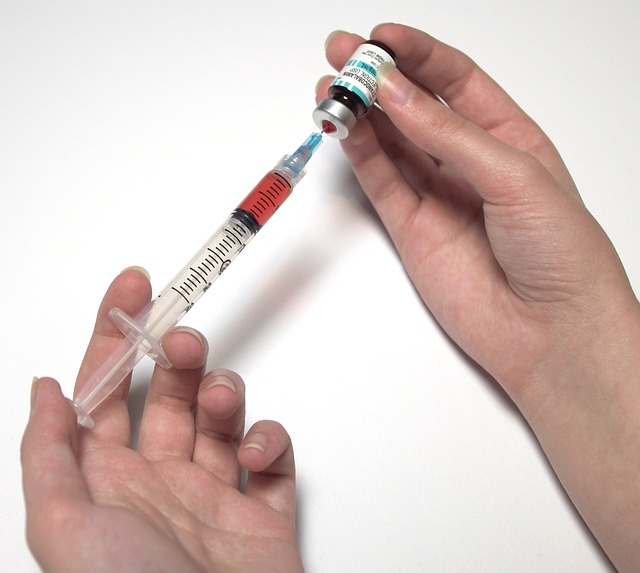To vaccinate or not to vaccinate?
Flu season addition
November 9, 2015
Yes, it’s that time of year again–flu season. Everybody knows what that means. *cough cough (hopefully into sleeve or tissue)* Influenza can leave a person sick at home for days at best, sometimes fighting for survival in the hospital, or even on their deathbed.
The good news is that there’s a vaccine used to create an immunity to the virus. The question is, though, does that vaccine really work?
“I got the flu shot once and it didn’t work,” said Kaytlin Binns ‘18. “[So] I really don’t see the point of getting one.”
The Center for Disease Control (CDC) tries to predict which viruses will be common for the coming flu season. “Sometimes their predictions are not very accurate and the vaccine is less effective because it was developed for a different stain of the virus,” Christina Trout, an Advanced Practice Nurse at the University of Iowa, wrote in an email.
In recent years, an alternative nasal spray form of the vaccine has been made available to the public. According to Trout, the main difference between the two vaccines is that the nasal spray doesn’t involve pain.
“However, there are [other] slight differences,” she wrote in an email. “The nasal spray is a [weakened] virus, compared to the [dead] virus [given] in the [shot].” This means that the virus is not completely “inactive” in the nasal spray.
As for who can get the nasal spray, Trout wrote that people who are at a higher risk of getting an infection should avoid it.
In an email, Trout also wrote that both are effective at limiting the chances of getting the flu.
However, some students at West High get one type of vaccination over the other other.
“The reason I have never had a Nasal flu vaccination is [because] I was born prematurely [and had] trouble breathing, so I had tubes to help me breath until I was about two-ish,” Sam Gienapp ‘19, wrote in an email. “My doctor thought [it was best] to play it safe [and get the shot] because of my lungs when I was younger.”
Others choose whichever is most comfortable.
“I wouldn’t want to get the [nasal spray] over [the] shot, because I [don’t think I would] like the feeling of [the vaccine] in my nose,” Sidney Kiersch ‘19, wrote in an email.
And some students don’t get a flu vaccination at all.
“I’m not big on shots. I can handle them just fine, but I’d rather not put up with it, Becca Staib ‘16, wrote in an email. “I think two years ago, my dad made [my family] get the [nasal spray] and I ended up getting sick. It might have been [a] coincidence, but I just feel like in general it’s such a hassle to go and get vaccinated.”
“Often [times], people will [say] that they ‘got sick’ after getting a vaccine,” wrote Trout, “but that is unlikely to occur unless by coincidence.”
Side effects from the flu shot can include mild fever and muscle soreness, while side effects from the nasal spray can include headache, body aches, a runny nose, and fever.
As for when the best time to get a flu shot is, Trout says the flu season usually begins around October, but can also last throughout the winter, so it isn’t too late to still get one.
